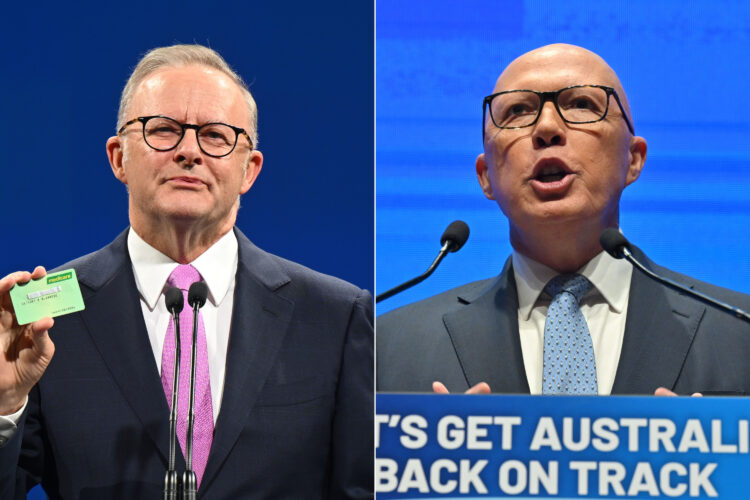Jane Hume is then given the job of defending Peter Dutton, who once again went too far in criticising something when there was already ample criticisms available and verballed the Indonesian administration by making up they had commented on an issue they had not – while slamming Labor for not doing enough to cement the Indonesian relationship.
Q: Let’s talk about the international story that broke yesterday, which got a lot of attention during the campaign, regarding the reports that Indonesia was considering allowing Russian aircraft to be based in its territory, which later it was found out was false, what the Indonesian government told the Australian government. Penny Wong had a said this morning on ABC News Breakfast that Peter Dutton is too aggressive ask too reckless to be prime minister as a result of his comments yesterday. How do you respond toot too that?
Jane Hume:
That was a bizarre comment. It sounds very defensive from a Foreign Minister. Clearly, she was blindsided by this report and has been on the back foot since. We’re not going to apologise for having a strong leader that will stand up for national interests, particularly with a track record in national security, as opposed to Anthony Albanese, who’s been very weak on this issue.
But see, that’s not what happened? Dutton could have just said ‘questions to answer here don’t you think’ and that would have been enough. But he once again couldn’t help himself and dialed everything up to 11 and then ended up with diplomatic egg all over his face.
Q: Don’t you think Peter Dutton jumped the gun? He criticised the relationship between Australia and Indonesia. [Wong is] saying that he fabricated a statement by the Indonesian president. Did he go too far?
Hume:
We’ve actually asked for a briefing from the Foreign Minister and from the Defence Minister on this issue, what it was that they knew and when they knew it. Let’s face it – there are some serious national security implications in this report. If Penny Wong didn’t know about it before yesterday, we want to understand why.
Not the question though, was it.

Loading form…